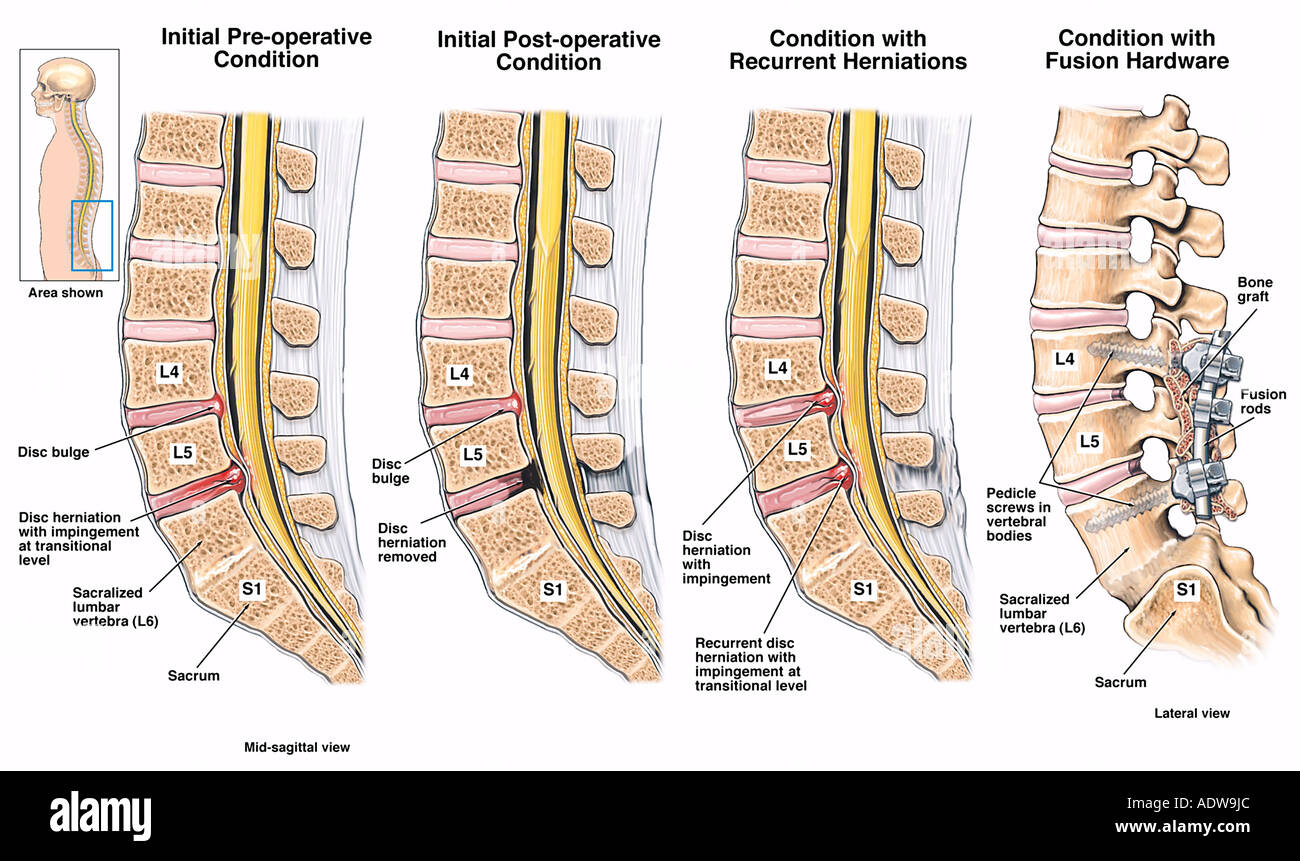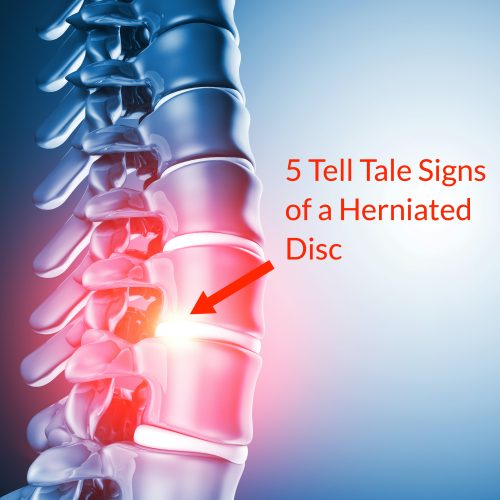A bulging disc, also known as a herniated disc, can cause severe pain and discomfort. Fortunately, there are several over-the-counter and prescription painkillers available to help manage the pain associated with this condition.
Nonsteroidal anti-inflammatory drugs (NSAIDs) are commonly used to relieve pain caused by bulging discs. These include popular over-the-counter options such as ibuprofen, naproxen, and aspirin. NSAIDs work by reducing inflammation in the affected area, thereby providing pain relief. However, it is important to consult with a healthcare professional before taking NSAIDs, as they can have side effects and interact with other medications.
Another type of painkiller that can be used for bulging discs is acetaminophen. This over-the-counter medication does not reduce inflammation, but it can effectively alleviate pain. Acetaminophen is generally considered safe when used as directed, but it is essential to follow the recommended dosage to avoid potential liver damage.
For more severe pain, your doctor may prescribe stronger painkillers, such as muscle relaxants or narcotics. Muscle relaxants, like baclofen or cyclobenzaprine, can help ease muscle spasms and reduce pain. Narcotics, such as codeine or oxycodone, can provide more potent pain relief. However, these medications can be habit-forming, so they should only be used under close medical supervision.
Additionally, some doctors may recommend corticosteroid injections to target the pain directly. These injections directly reduce inflammation around the bulging disc and provide significant pain relief. However, the effects are temporary, and repeated use of corticosteroids can have adverse effects on the body.
In conclusion, there are various painkillers available to help manage the discomfort caused by a bulging disc. Over-the-counter options like NSAIDs and acetaminophen can be effective for mild to moderate pain, while stronger prescription medications might be necessary for severe cases. It is vital to consult with a healthcare professional to determine the most suitable painkiller and ensure safe usage.
How serious is a bulging disc in the lower back?
Bulges can put pressure on the surrounding nerve roots, leading to pain that radiates down the back and other areas of the body depending on its location within the spinal column. If the symptoms are severe enough and have become chronic, surgery for a bulging disc may be required.
How do you treat a bulging disc in the lower back?
– Medication. Nonsteroidal anti-inflammatory drugs (NSAIDs) such as ibuprofen are the first-line medications for a bulging disc. …
– Physical therapy. …
– Chiropractic. …
– Massage. …
– Ultrasound therapy. …
– Heat or cold. …
– Limited bed rest. …
– Braces and support devices.
What is the most effective treatment for bulging disc in lower back?
Nonsteroidal anti-inflammatory drugs (NSAIDs) such as ibuprofen are the first-line medications for a bulging disc. For more severe pain, prescription medication may be necessary. In some cases, a muscle relaxer can help if there are muscle spasms. Physical therapy.



